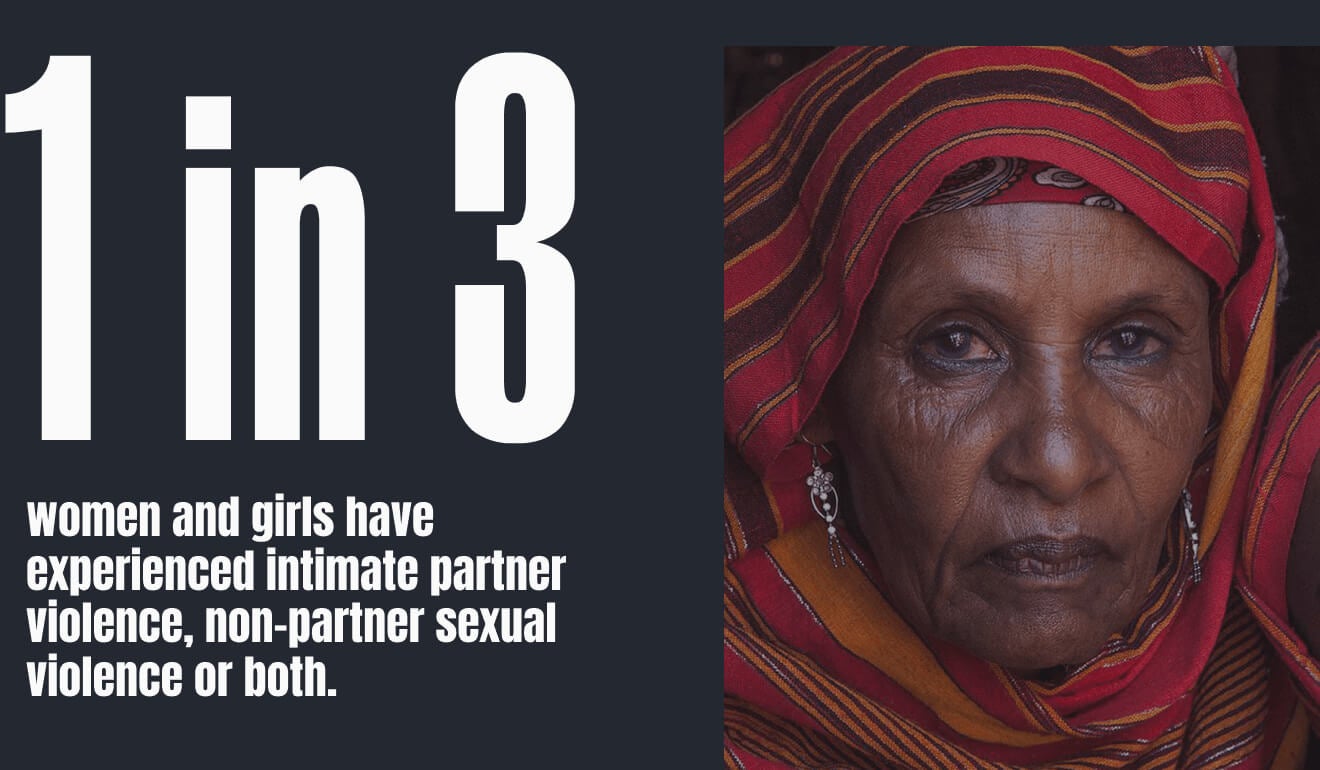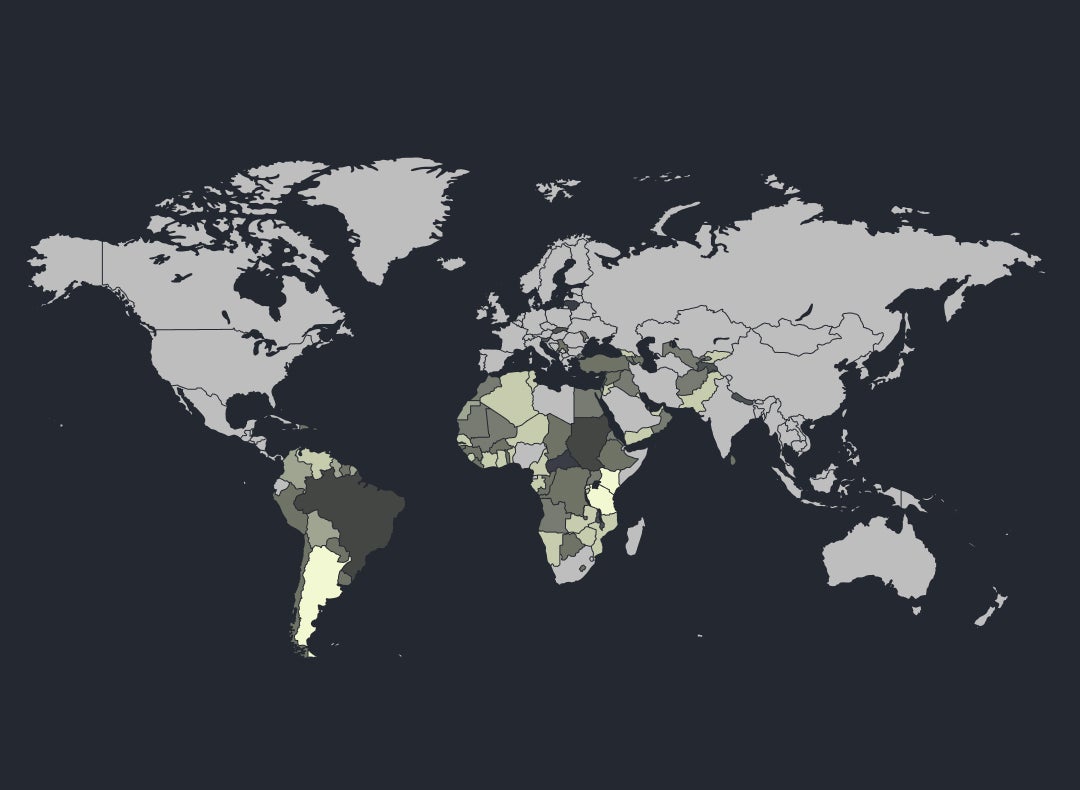Like Marwa, many survivors of gender-based violence experience a deterioration of emotional or mental well-being as a result of what they’ve been through. The silence and stigma around gender-based violence can exacerbate these impacts.
Mental health care and psychosocial support are therefore an integral part of the response to gender-based violence, alongside services like medical treatment, legal support, provision of basic needs like food and shelter, cash assistance and economic empowerment.
The Interagency Minimum Standards for Gender-based Violence in Emergencies Programming, which define what UNFPA and other agencies need to achieve to prevent and respond to gender-based violence during humanitarian emergencies, require that women and girls have safe access to quality, survivor-centred psychosocial support focused on healing, empowerment and recovery. The standards also specify that health services for survivors must include specialized and clinical mental health care for those assessed as needing it.
Mental health assessment and care, psychosocial support and counseling are also included as part of the Essential Services Package for Women and Girls Subject to Violence, a guidance tool created by UNFPA, UN Women, WHO, UNDP and UNODC through the Joint Global Programme on Essential Services to support the design, implementation, coordination and evaluation of services across the health, social service, police and justice sectors.
In Yemen, UNFPA has long provided quality psychosocial support to survivors of gender-based violence, through non-specialized services staffed by social workers and delivered through safe spaces, shelters, mobile teams and outreach activities.
For many survivors, non-specialized services make a significant contribution to recovery. But some suffer more severe mental health problems, and may even be at risk of self-harm or suicide – requiring specialized mental health care.
In 2018, UNFPA began providing such specialized care, including psychiatric evaluation, medication and counselling, delivered by trained psychiatrists and psychologists like Ishraq. There are currently eight specialized mental health and psychological support centres in Yemen, run by local partners in the Aden, Ibb, Hadramaut, Hajjah, Sana’a, and Taizz Governorates.
The telecounselling provided by Ishraq and her colleagues is one key strategy to get these critical services to those who otherwise would not be able to access them. It has played an increasingly critical role as the pandemic disrupted access to in-person services, while demand for mental health care and psychosocial support has surged.
In response, UNFPA increased the number of counsellors to staff its toll-free hotlines. The number people reached through the hotline doubled in the first half of 2021 compared to all of 2020.



